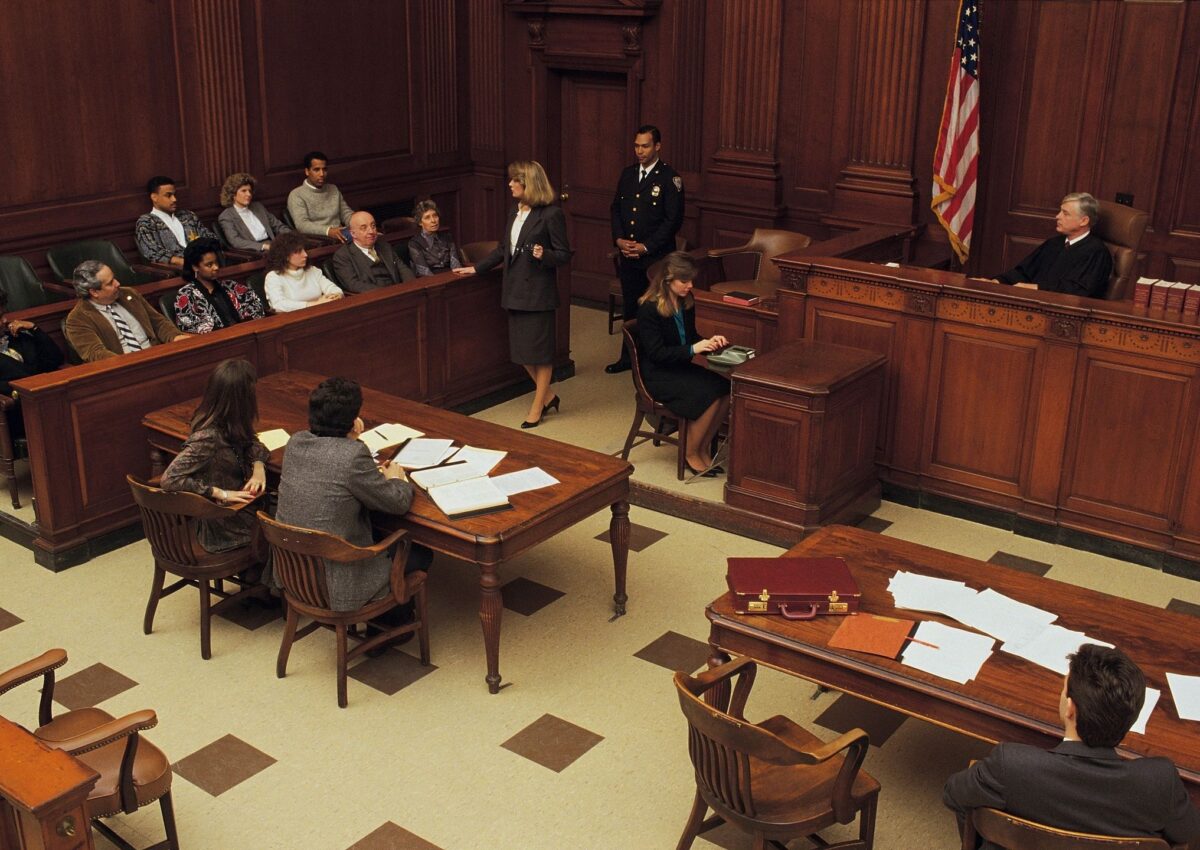
“A writ of execution is a court order that gives the sheriff the power to seize the debtor’s property in order to pay a judgment debt, CCP 699.520.
An abstract of judgment is a document filed with the county recorder that makes the debt a public record and creates a lien on any real property owned by a debtor in that county, FC 4506.
Contempt of Court, CCP 1209: The contempt process is not enforcement; it is punishment for violating a court order; the civil law that applies to contempts also applies to family law, FC 292, CCP 1211, 1211.5, 1212; there are contempt forms that MUST be used when requesting a contempt; in order to sustain a cause of action for contempt, it must be proven that: Citee has willfully disobeyed certain orders of the court, citee had knowledge of the court in that: citee was present in court at the time the order was made, citee was served with a copy of the order, citee signed a stipulation upon which the order was based, or other [grounds], citee was able to comply with each order when it was disobeyed; orders for contempt of court are final conclusive, CCP 1222; statute of limitations for a contempt is 3 years for failure to pay support, CCP 1218.5.
Contempt of court judgments: May be enforced by any method determined by the court; are enforceable for child, spousal and family support owed and arrearages, FC 4500, 4501; and are enforceable in any manner provided by law for the enforcement of judgments.
Income withholding orders for support/wage assignments: Must be issued when child, spousal or family support is ordered [FC 5208], may be stayed if the court finds good cause to stay the assignment [FC 5260], may be served on an employer by first-class mail [CCP 1013], are effective and binding on any existing or future employer, unless stayed [FC 5232-5233, and the Income Withholding for Support FL-195 may be used for both child support and spousal support.
Sanctions are monetary fines or penalties ordered by the court against a person; and may be used to enforce a family law court order, FC 4500.”
[LW Greenberg, California Family Law]
Law Offices of James R. Dickinson – 909-848-8448
How To Schedule A Consultation:
Please call us at 909-848-8448 to schedule a free consultation/case evaluation or complete the form immediately below. [Please note certain formalities must be completed to retain the Law Offices of James R. Dickinson, such as the signing of a legal fee agreement [see “Disclaimers”]].
